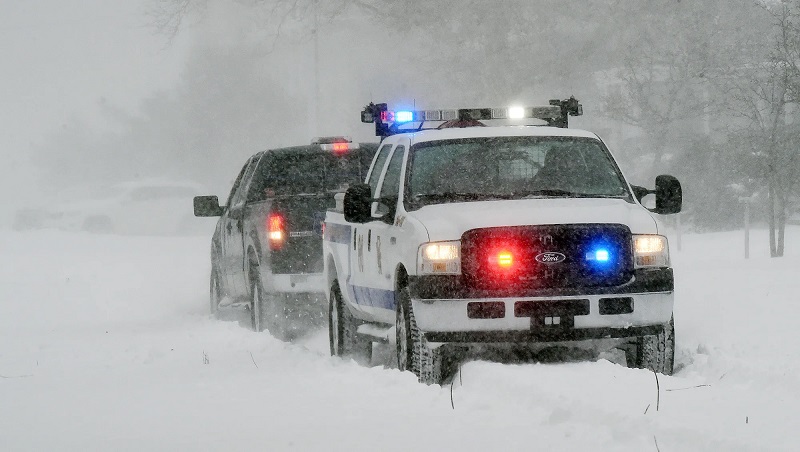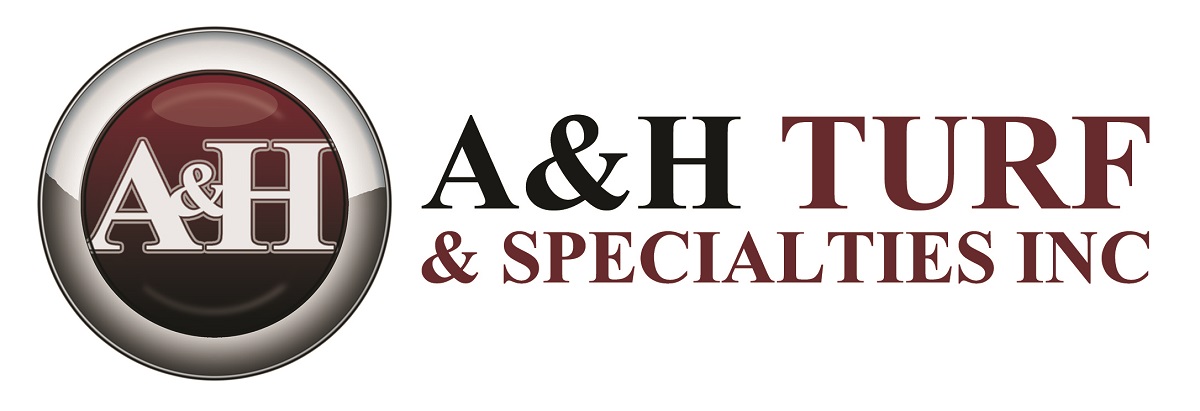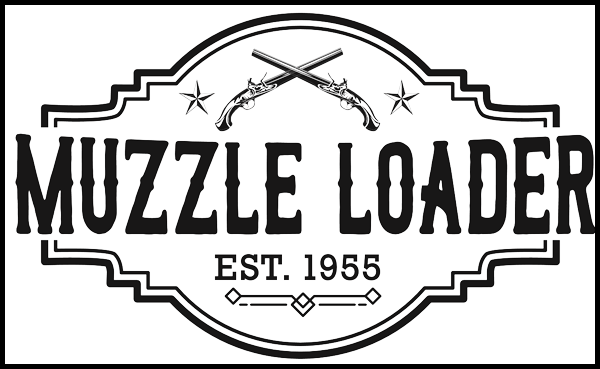Montana
How first responders are affected by winter

Montana – Accidents can occur more frequently in winter weather, but what impact does this have on emergency response personnel?
As stated by Brian Hansen, Operations Manager at Billings AMR, “We slow down when we get snow and cold weather, just like everybody else.”
Hansen claims that even with the operational halt, the requirement for their response only gets worse.
He clarifies that although the number of calls they receive hasn’t increased, the ones they do get are harder and require more time.
The Montana Highway Patrol also receives more calls than typical in the early stages of winter storms.
In the course of the last weekend, MHP reported handling over 500 incidents.
all while enduring the harsh winter conditions.
Public Information Office for MHP, Jay Nelson says that “being out, working in these kinds of conditions, it is difficult, as you can imagine, our men and women are dealing with a multitude of different things, but then you are sitting there freezing. And no matter how tough you may be, when its 40 below its freezing.”
Both AMR and MHP train their responders year-round to ensure they are ready to drive in hazardous situations. to provide the assistance so many people sorely require.
Both authorities think there are things civilians can do to assist make their daily lives a little bit easier, especially with the increased challenges that come with winter.
Hansen says that “one of the biggest things you can do is making sure your sidewalks are clear, your driveways are clear, so we can get our equipment our stretchers and things like that up to the house easier and that saves us time getting to the patient and taking care of that patient.”
Additionally, he said that you can support first responders by taking precautions to avoid needing their assistance.
Whenever you are outside, exercise awareness and direction to help avoid everything from small falls to serious auto accidents.
Staying inside during bad weather is the greatest way to prevent having to call AMR or MDT, according to Hansen and Sergeant Nelson.
Nelson expressed “The men and women that are first responders in our state, in our nation, put their lives on the line every day. It is truly something that sits in the front of our minds every day that we go to work, that this is a very dangerous job. Be alert, because it might be your loved one, your mom and dad, your daughter your son that we are trying to help, and we want to be able to do that and go home alive every night.”






Leave a Reply